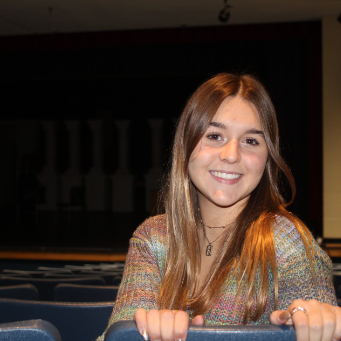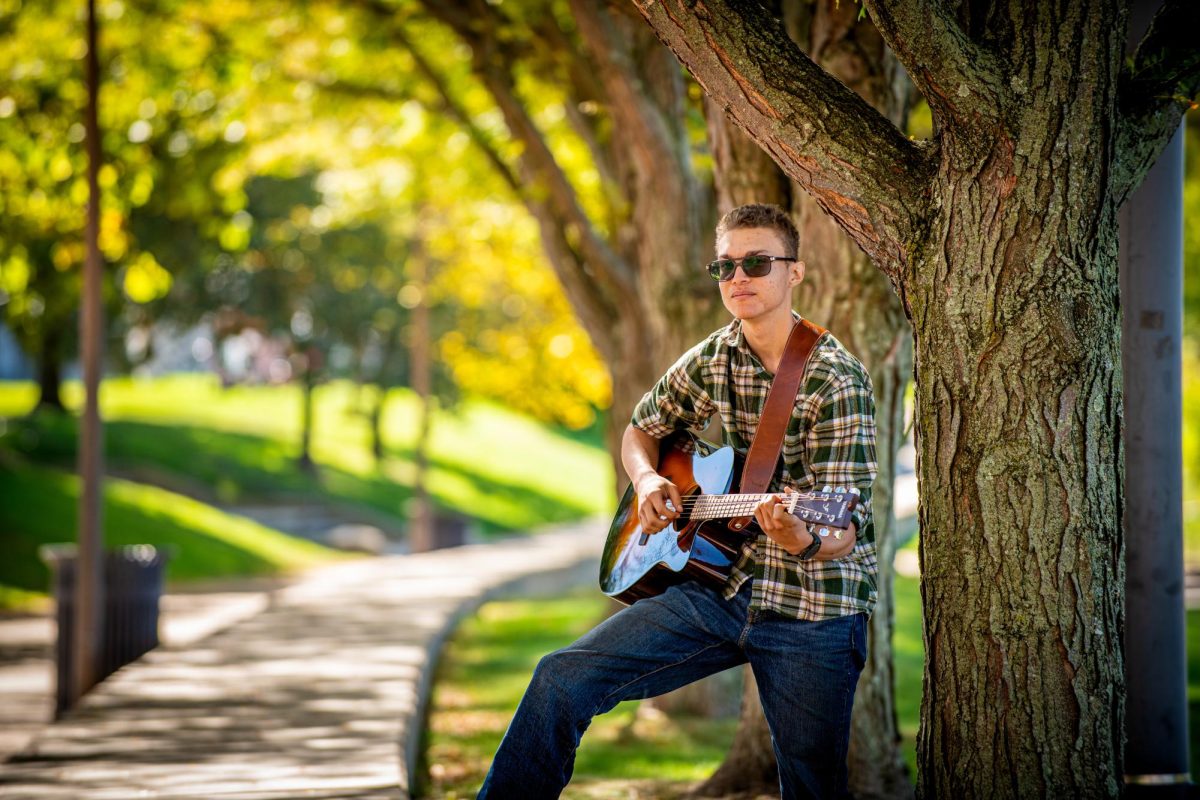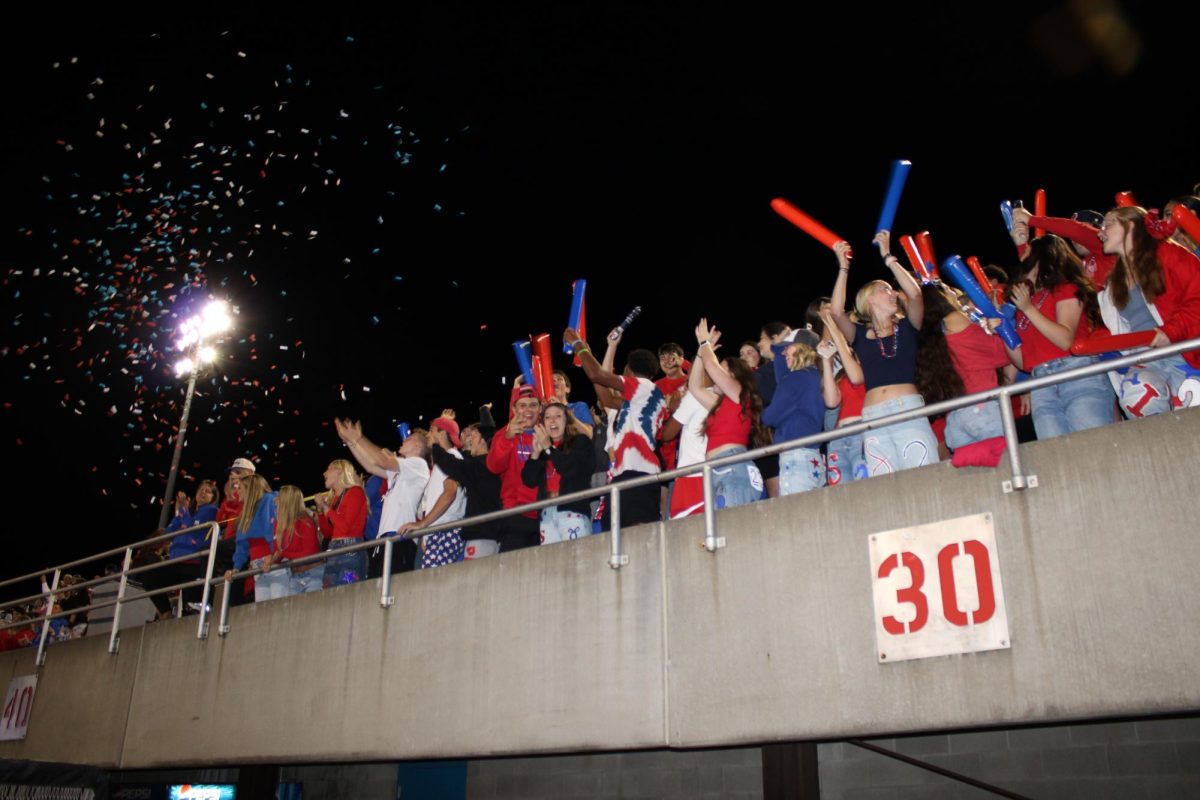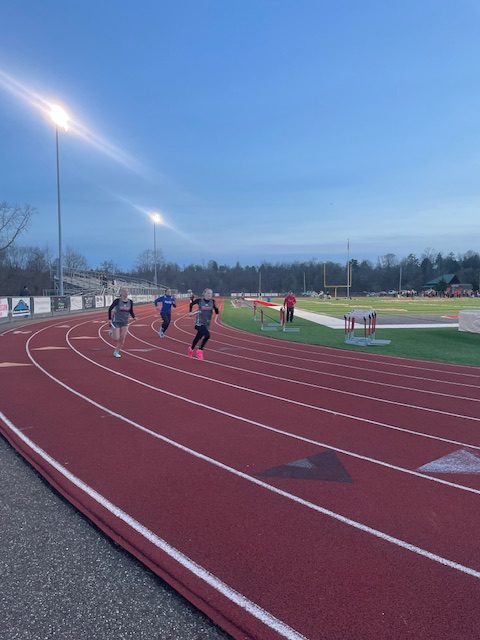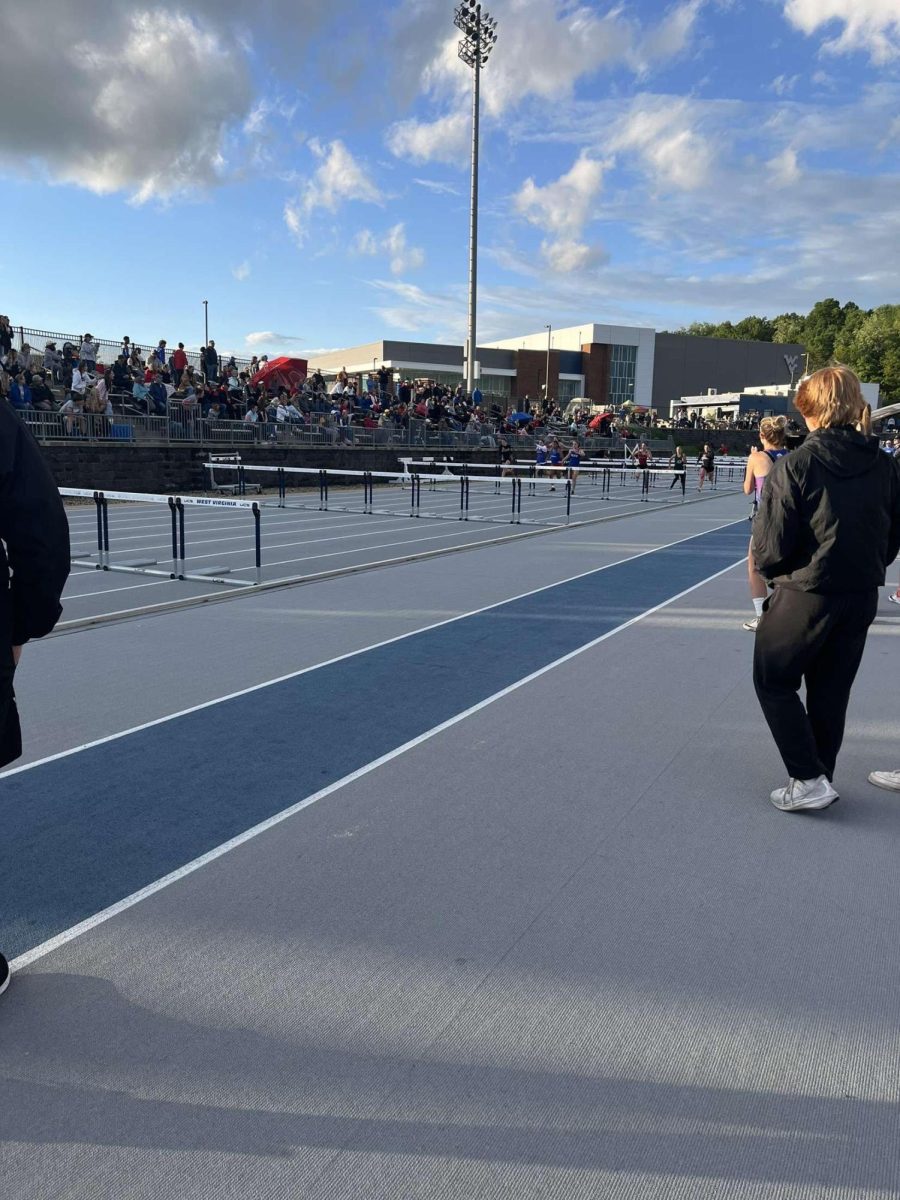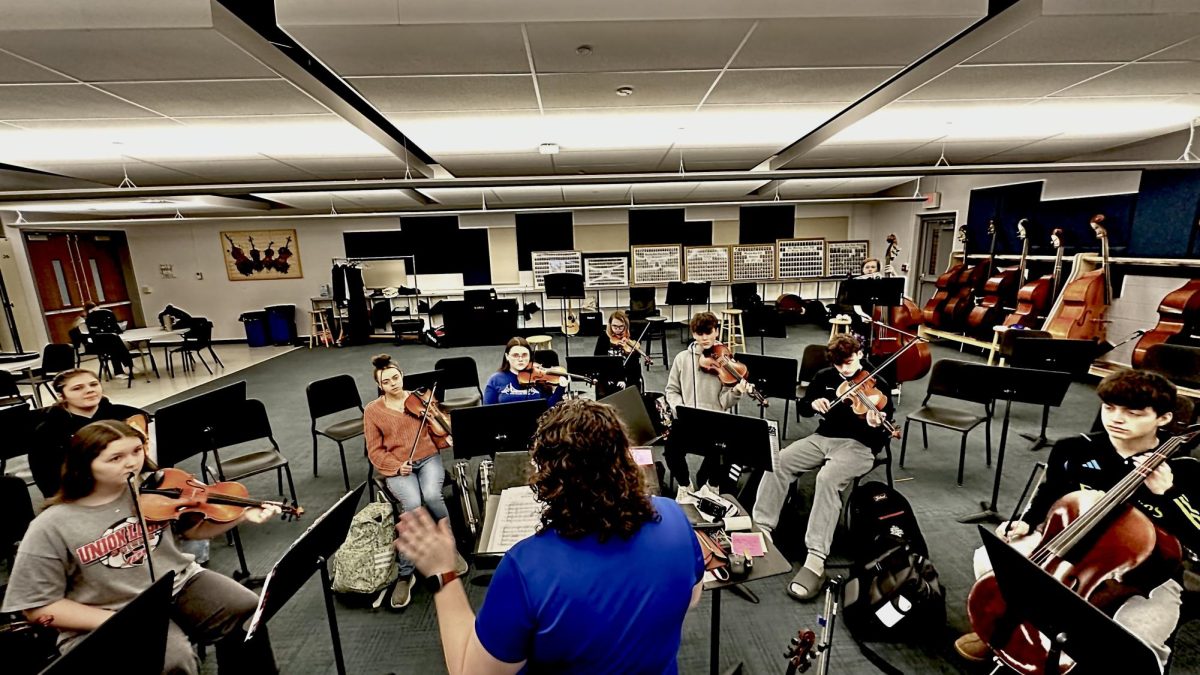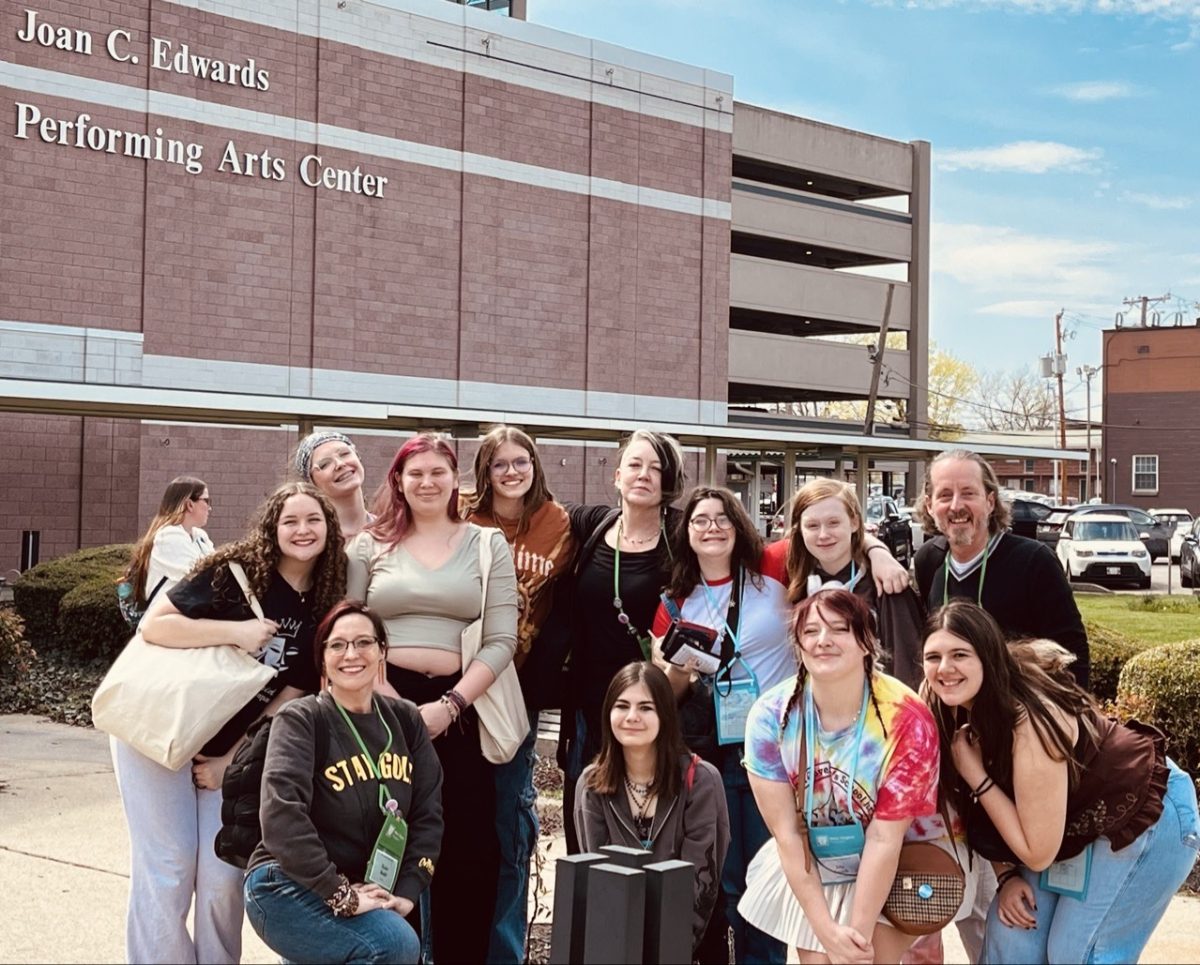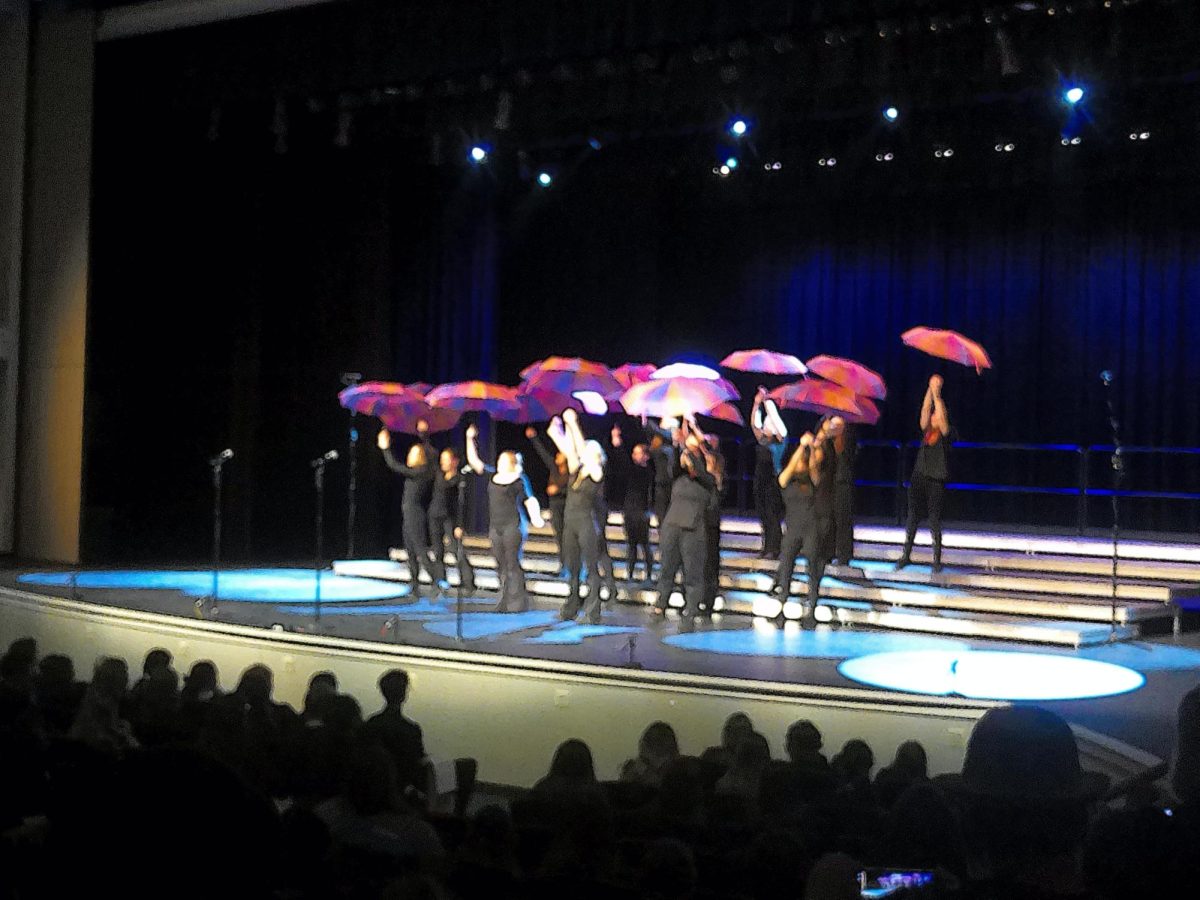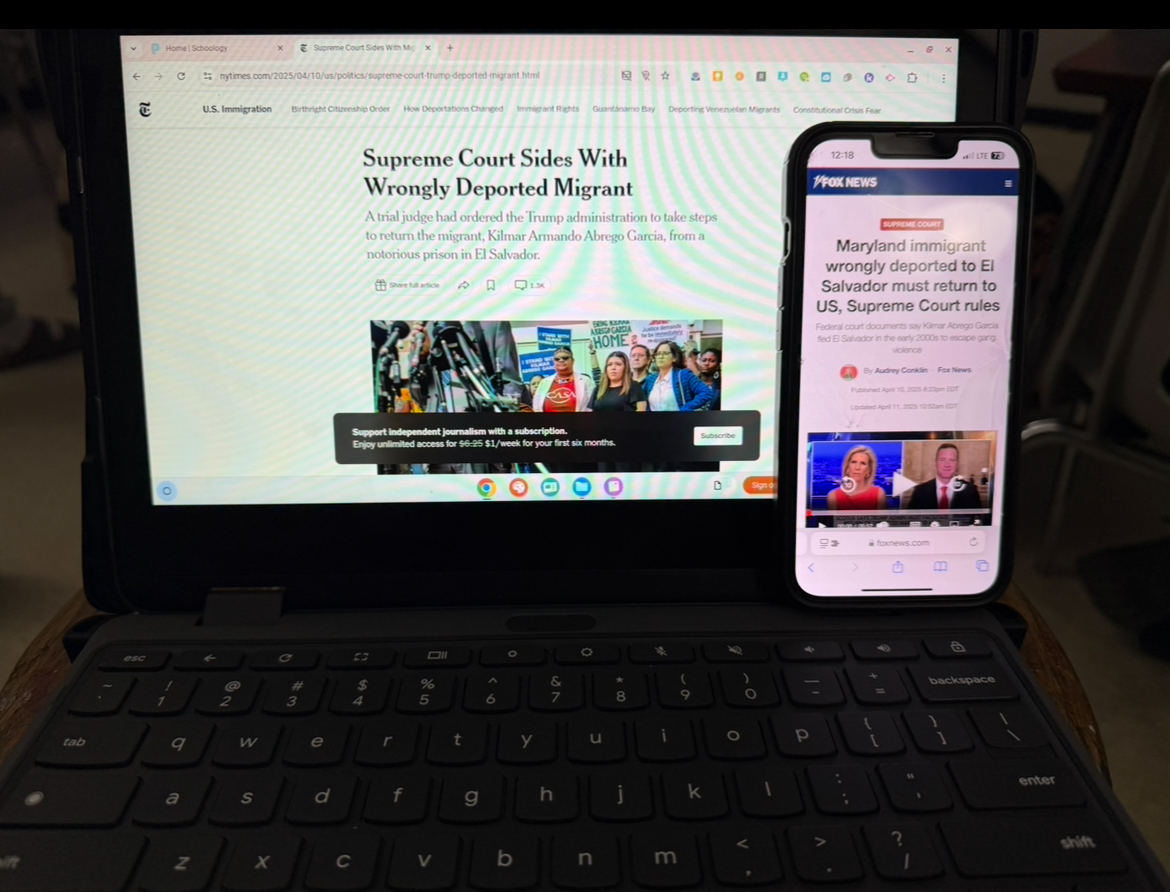Sleep Deprivation: A Rising Problem at Park – Do We Need Later Start Times?
November 16, 2022
At Wheeling Park, first period starts at 7:20. Linsly starts at 8:20. John Marshall starts at 8:15. High schools in California are legally not permitted to start school earlier than 8:30. Is our school system falling behind on what’s best for our students? The science says yes. And now the Board of Education is considering later start times for schools in Ohio County.
Psychology Today states, “with the onset of puberty comes a delay in circadian–or sleep/ wake-rhythm…If they have to get up at 5 a.m. that’s equivalent to an adult waking up at 3 a.m. every single day.” High schoolers don’t have the same circadian rhythms as their teachers and other adults. According to the CDC, teenagers aged 13–18 should get 8-10 hours of sleep per night.
After polling 80 students from Park, only 2 of them get 9 or more hours of sleep. 29 students get 7-8 hours, 36 students get 6 hours, and 15 students get 5 or less hours of sleep per night. Our students are sleep deprived by several hours a night.
Junior Devin Lew says, “Getting little sleep affects my overall performance at school. If I don’t get enough sleep the night before, I would sleep in my classes and not do the work in class, leaving me with the work to do later. The lack of sleep affects my grades because it is not always my best work.”
The biggest pushback from the opposing side is that people think students would just go to bed later and end up getting the same amount of sleep. Research shows this is a misconception. Researcher Gideon Dunster told NPR, “You might think that when school starts later, teens will just stay up later. But that’s not what researchers found. Bedtimes stayed relatively constant and kids caught some extra sleep in the mornings.” The Journal of Clinical Sleep Medicine found the same results from multiple studies.
After polling 60 students, 44 of them said they would go to bed at the same time they do now, while only 16 of them answered that they would go to bed later.
School Board member Molly Aderholt, an advocate for later start times, cites a study in Minnesota where the school district pushed start times by 30 minutes and saw a 60% reduction in traffic accidents in drivers aged 16-18. This same study states, “Verbal scores rose from 601 to 761; math rose from 683 to 739.” Aderholt says, “Sleep deprivation has extremely negative effects on adolescent mental health, physical health, and academic performance…a sleep-deprived teen is 68% more likely to suffer a sports-related injury.”
Driving with little sleep is dangerous. According to the AAA Foundation for Traffic Safety, “driving after sleeping 4-5 hours is associated with similar crash risk as driving with blood alcohol at the legal limit; sleeping less than 4 hours puts you at the same risk as driving double the legal limit.”
Teacher, Ms. Goodnight, acknowledges that this may be a messy situation and she can see both sides of the argument. But she talks about another big safety benefit of later start times, “I think one thing that would be beneficial is a lot of the year we have kids that are standing at the bus stop in the dark, and there are parts of our city where that’s not the safest idea. So I think one benefit would be having more days out of the year where students are standing in the daylight instead of nighttime.”
Lew argues, “Being able to sleep in just a little bit longer really makes a difference. In terms of getting used to the new time changes, everyone would adapt.”
The issue is on the agenda for the board meeting on 11/28 at 6 p.m. held in the BOE building.


